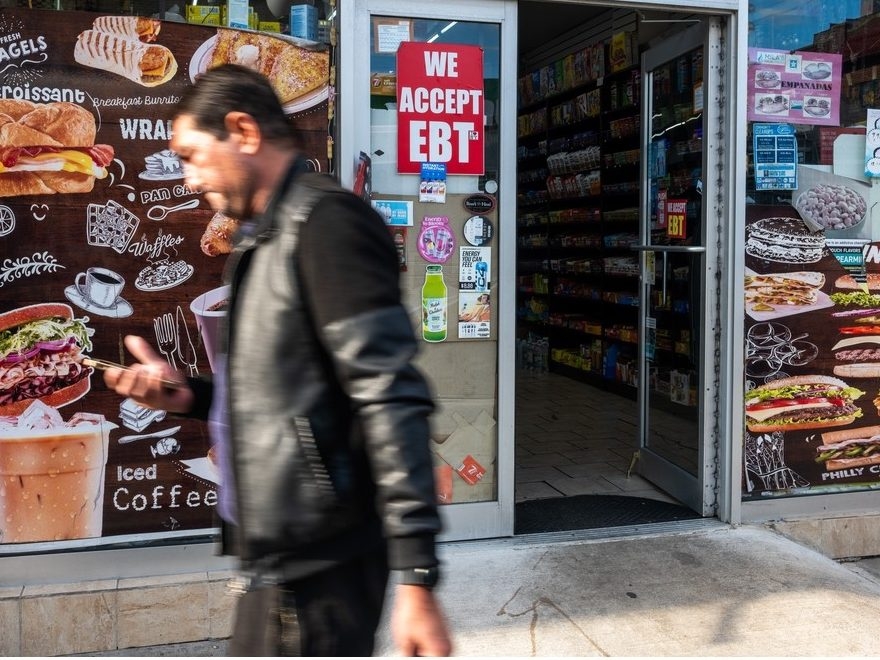Walter Bingham, a man who carries the weight of a century and the scars of history, remembers the night the world shattered. He was just fourteen years old when Kristallnacht descended – the “Night of Broken Glass” – and the echoes of that terror, eighty-seven years later, resonate with chilling familiarity.
Kristallnacht wasn’t a spontaneous outburst of rage; it was a calculated assault. Across Germany, synagogues went up in flames, their sacred spaces reduced to smoldering ruins. Jewish businesses were ransacked, storefronts smashed, livelihoods destroyed in a single night of orchestrated violence.
Homes weren’t sanctuaries either. Jewish families found themselves violated, their apartments invaded, their possessions stolen or desecrated. Over twenty-six thousand Jewish men were rounded up and thrown into concentration camps, their futures stolen before they even began.
Now, at 101, Bingham looks at the world and sees a disturbing reflection of that past. The surge in antisemitism, fueled by recent conflicts, feels like a dark tide rising once more. He speaks with a quiet urgency, warning that the current climate mirrors the ominous atmosphere of 1938.
The attacks are no longer confined to history books. A deadly assault on a synagogue in Manchester during Yom Kippur, a fire deliberately set at a Melbourne synagogue – these are not isolated incidents, but chilling signs of a growing hatred. They are echoes of a past he desperately hoped would never repeat.
Statistics paint a grim picture. Reports show a staggering increase in antisemitic incidents, not just year-over-year, but over the past five and ten years. The numbers aren’t just data points; they represent real fear, real pain, and a growing sense of vulnerability within Jewish communities.
Bingham believes antisemitism is a persistent poison, a scapegoat for societal ills. But amidst the darkness, he finds a crucial difference between then and now. He remembers a time when Jewish communities were largely apologetic, pleading for acceptance, hoping to avoid conflict.
Today, that dynamic has shifted. The existence of a strong, independent Israel offers a vital layer of protection. While antisemitism continues to rise, Bingham believes the horrors of the Holocaust will not be repeated, because a nation now stands ready to defend its people.
His words aren’t simply a recounting of history; they are a stark warning and a testament to the enduring power of resilience. They are a call to remember, to learn, and to ensure that the lessons of the past are never forgotten, so that the darkness never descends again.






